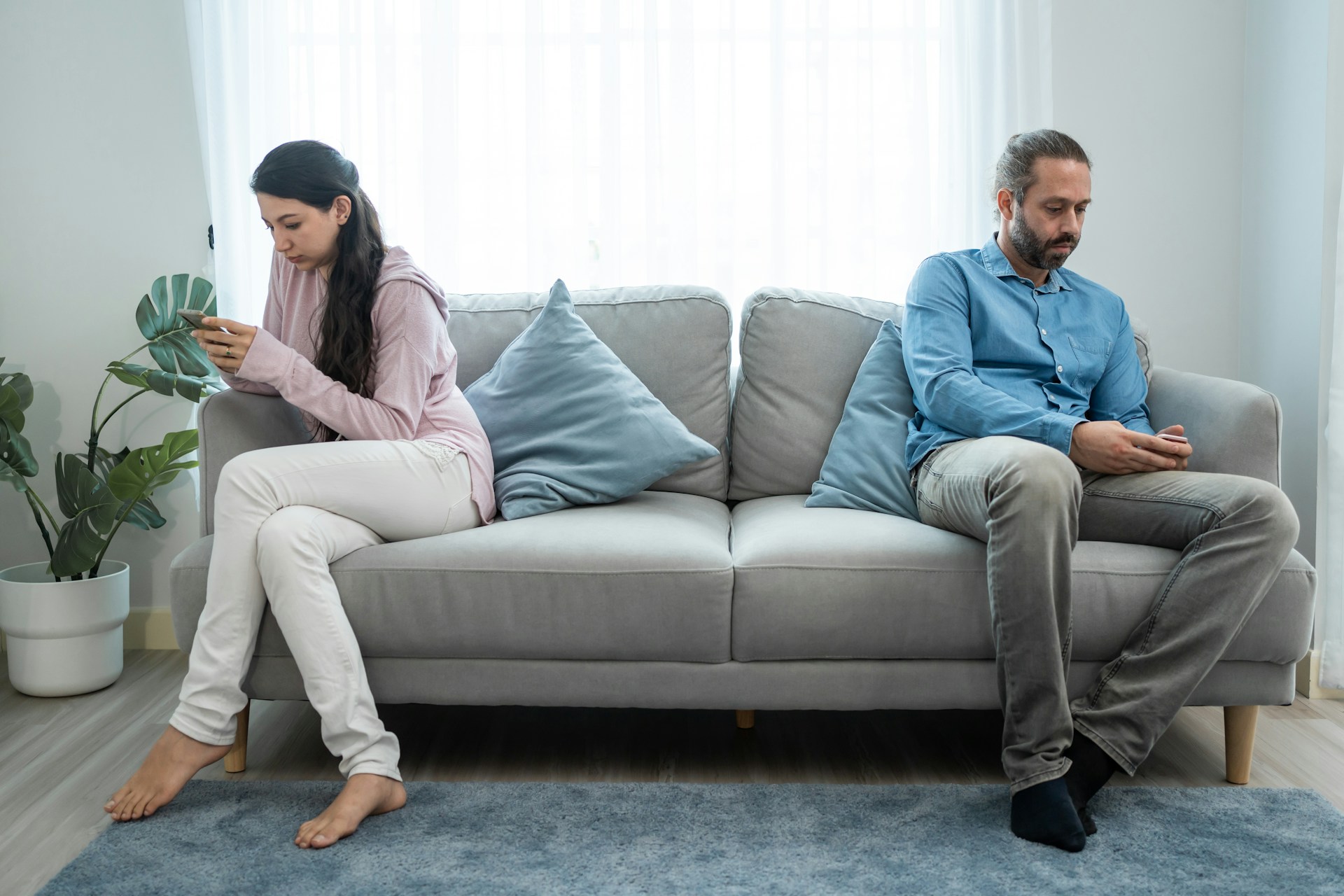Avoidance Anxiety and How It Affects Relationships
There’s something about unpleasant experiences that just shouts, “Don’t do this again!”. We instinctively tend to avoid unsavory things to save ourselves time and effort and to preserve our peace of mind. For example, if you have a bad experience at an eating establishment, you’re unlikely to patronize it again. It can be scary getting into a car again after an accident or it may feel uncomfortable walking where you were mugged. We tend to avoid the unpleasant, or what reminds us of unpleasant experiences. This can be advantageous, for the reasons already mentioned. However, it can also have a downside. There are situations in which it is necessary to face unpleasant things for another, bigger purpose. You may not enjoy public speaking, for example, but it enables you to effectively communicate your ideas to more people. In key instances in life, it may be necessary to face the things that make you anxious or that you ordinarily try to avoid. Understanding avoidance anxiety and its impact on your life can help you take steps to deal with this anxiety and reclaim your freedom and ability to enter diverse situations unhindered by fear. Avoidance Anxiety Unpacked We all have moments or situations that make us anxious. Perhaps it is dinner with your family, talking or eating in public, going to a social event, a first date or job interview, driving, addressing conflict, or any number of other circumstances. When you feel anxious, your body reacts by activating your fight-flight-freeze response. This is one of the ways your body prepares you to act in ways that protect you and your well-being. Anxiety doesn’t feel pleasant. It includes signs such as a rapid heartbeat, sweaty palms, racing thoughts and restlessness, and even feelings of dread. When you’re anxious, it can feel [...]











